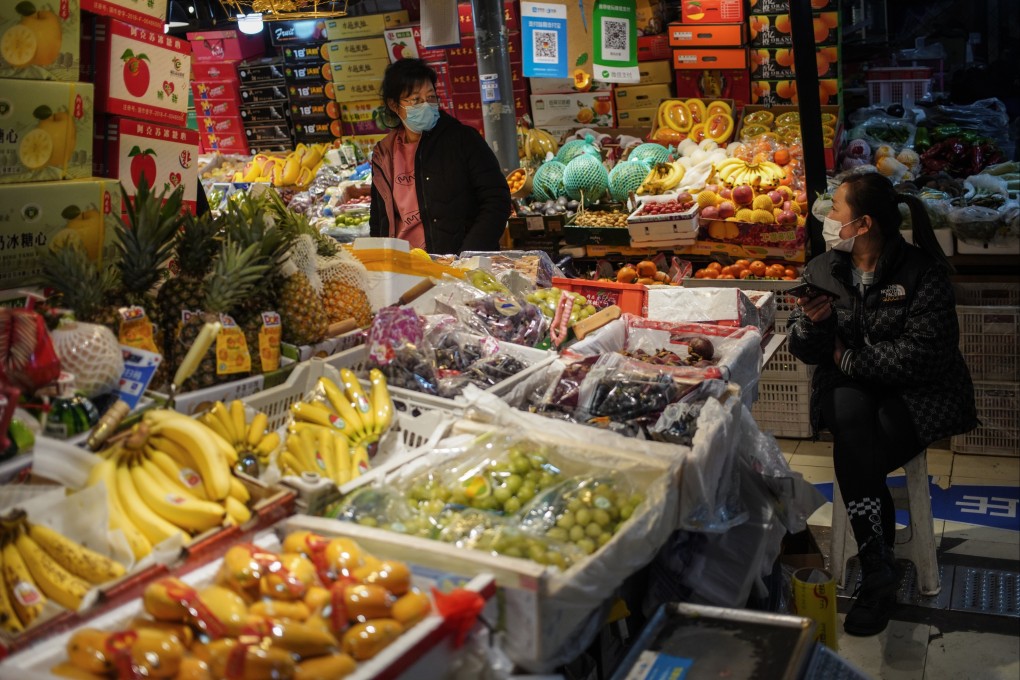Advertisement
Macroscope | Ukraine war, inflation put China’s GDP growth target at risk
- China’s GDP growth, inflation and budget deficit targets could be in tension with easier monetary policy to support domestic demand
- The Ukraine crisis has wide implications for global business activity when growth is slowing
Reading Time:3 minutes
Why you can trust SCMP
3

China has its sights on economic growth of “around 5.5 per cent” this year but could face a tough time meeting it. Even before the Ukraine crisis, Beijing was staring at major challenges with the world still not fully recovered from the Covid-19 pandemic, rising inflation risks and central banks on the brink of higher interest rates.
The war in Ukraine has just made the economic headwinds a lot worse. Global economic confidence will take a hard hit as rampant rises in energy and commodity prices and the impact of trade sanctions on Russia bite. China, as the world’s leading export nation, could be vulnerable if global trade flows start to slide.
A global economic slowdown could easily take Chinese growth below 5 per cent this year. The possibility of sub 4 per cent should not be ruled out in the worst-case scenario of a deepening crisis in Europe.
Advertisement
Maintaining economic stability is Beijing’s top priority. However, 5.5 per cent growth, alongside an inflation goal of 3 per cent and a projected 2022 budget deficit of around 2.8 per cent of GDP seems at odds if Beijing stays committed to easier monetary policy to support domestic demand in the face of growing global uncertainties.
The narrative has changed dramatically owing to the Ukraine crisis. Beijing might need to step in with careful countermeasures to ensure growth stays on target and inflation is kept close to the 3 per cent target.
A more expansionary fiscal policy might be needed to boost domestic growth, while higher interest rates and a firmer renminbi exchange rate policy could be necessary to keep a firm lid on inflation risks.
Advertisement
Select Voice
Choose your listening speed
Get through articles 2x faster
1.25x
250 WPM
Slow
Average
Fast
1.25x

